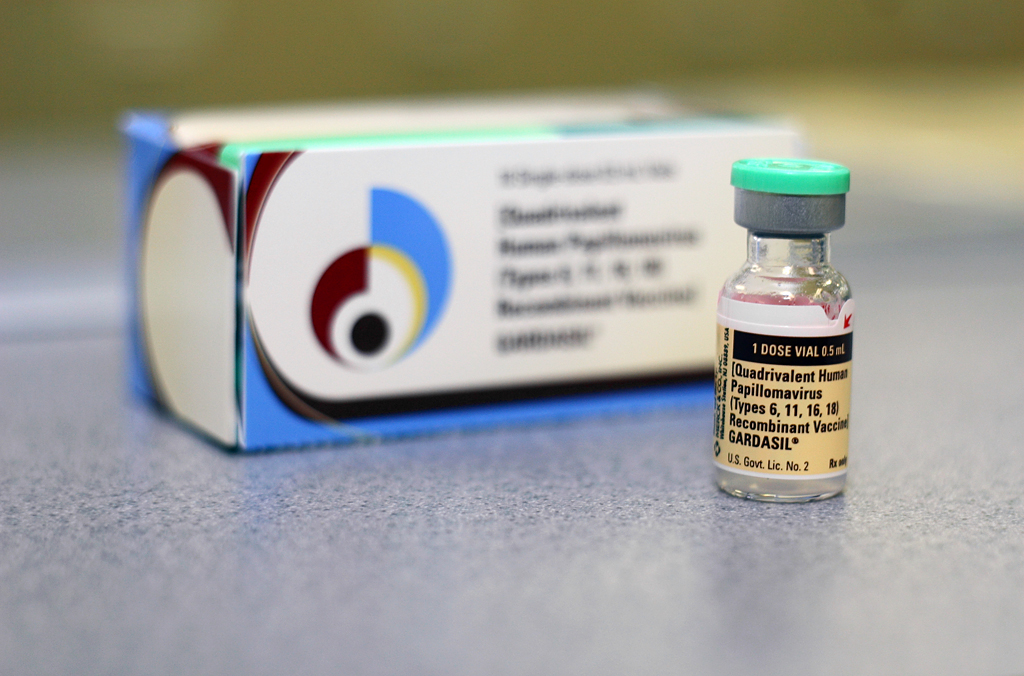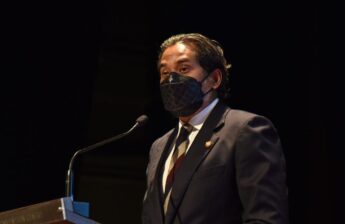PUTRAJAYA, Jan 6 – The Ministry of Health (MOH) has procured 100,000 doses of human papillomavirus (HPV) vaccines that are ready to be distributed to 13-year-old girls following missed jabs during the first two years of the pandemic.
The HPV vaccines, which prevent cervical cancer, will be administered to Form One girls this year after it was acquired in December, Health Minister Dr Zaliha Mustafa said in her 2023 new year address to MOH staff here today.
However, it is unclear if the newly procured doses will be used as part of a catch-up programme for the lost pandemic years or for a new cohort.
In September last year, former Health Minister Khairy Jamaluddin acknowledged a sharp drop in inoculation rates under the national HPV vaccination programme in 2021. Citing MOH data for that year, Khairy said only 34,944 of Form One girls (12.7 per cent) received their first dose, including 31,708 (6.4 per cent) who received two doses of HPV vaccine.
He did not provide HPV inoculation rates for 2022. Khairy said the MOH was committed to a catch-up programme to cover girls who missed their shots of the HPV vaccine.
The National Cancer Society of Malaysia (NCSM) estimated over 560,000 teenage girls missed their HPV jabs from 2020 to 2022 due to school closures during the pandemic and diversion of funding to Covid programmes.
The MOH, however, has maintained that the decline in HPV vaccinations, particularly in 2021, was due to global HPV vaccine shortage instead of the Covid-19 pandemic.
NCSM and other civil society groups and advocates had urged the government to restart the nationwide HPV vaccination programme this year. They also called for the implementation of a catch-up vaccination programme in 2023 for girls who missed their shots in the two years.
Meanwhile, Dr Zaliha said the MOH will also accelerate efforts to vaccinate infants or children in their first year against polio. Less than 30,000 infants were vaccinated against polio in 2021 compared to 43,519 infants who received their shots in 2020. The ministry failed to achieve immunisation coverage of over 95 per cent for three polio doses in 2021.
Separately, Dr Zaliha said the MOH has set a target of conducting 1.5 million health screenings this year under the National Health Screening Initiative (NHSI).
The NHSI will be carried out at public health clinics (klinik kesihatan), the Peka B40 scheme, the Social Security Organisation (Socso), and via programmes organised by the district health office with the cooperation of community-led groups.
Dr Zaliha said an estimated 1.7 million Malaysians are living with three non-communicable diseases (NCDs) – namely diabetes, hypertension, and high cholesterol. Another 3.4 million people have at least two of the listed NCDs.
NCDs are one of the main contributors to the country’s higher morbidity and mortality rates, Dr Zaliha said.
On MySejahtera, the health minister said the app has expanded its services to include appointment registrations for smoking cessation services, outpatient treatment, family planning services, wound care procedures and tube replacements, and health screenings, apart from its Covid functions.
Dr Zaliha said 26,990 appointment slots had been booked using MySejahtera since it was implemented in October 2022. “Given this encouraging response, the MOH will further expand the scope of MySejahtera services for appointment registration.”
Critics of the controversial app have called for clarity on the MySejahtera deal. It remains unclear if the government has signed a contract for the app’s procurement.








